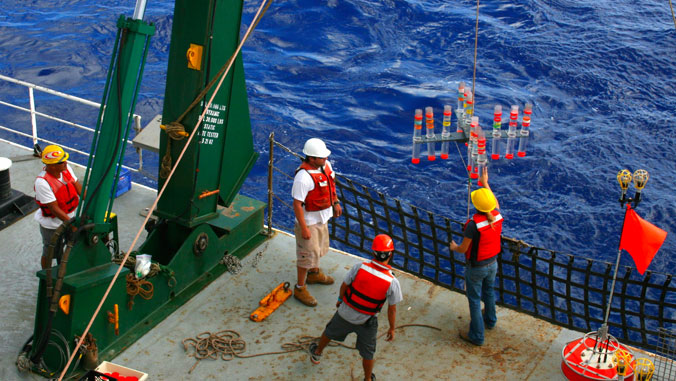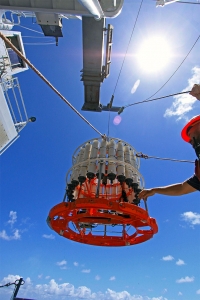
An international group of leading microbiologists, including University of Hawaiʻi at Mānoa oceanography Professor David Karl, has issued a warning: Not including microbes, considered the support system of the biosphere, in any climate equation will lead to incomplete predictions of the environmental consequences of global climate change.
More than 30 microbiologists from nine countries are calling for the world to stop ignoring an “unseen majority” in Earth’s biodiversity and metabolism when addressing climate change. The paper, Scientist’s warning to humanity: microorganisms and climate change, was published in the journal Nature Reviews Microbiology.

“Microorganisms controls the pulse of our planet,” said Karl, director of the UH Mānoa Center for Microbial Oceanography: Research and Education in the School of Ocean and Earth Science and Technology (SOEST). “They harvest solar energy, recycle organic matter, sequester carbon dioxide, and detoxify many human-made pollutants. In other words, microbes make things happen.”
With their statement, the researchers hope to raise awareness for how microbes can influence climate change and how microbes will be impacted by it. They urge the inclusion of microbes in climate change research, increasing the use of research involving innovative technologies and improving education in classrooms.
Microbes dominate the life on Earth and perform critical functions in animal and human health, agriculture, the global food web and industry.
Said Rick Cavicchioli, a professor and microbiologist at the School of Biotechnology and Biomolecular Sciences at the University of New South Wales Sydney who led the global effort, “Micro-organisms, which include bacteria and viruses, are the lifeforms that you don’t see on the conservation websites. They support the existence of all higher lifeforms and are critically important in regulating climate change. However, they are rarely the focus of climate change studies and not considered in policy development.”
See the full story on the SOEST website.
—By Marcie Grabowski

